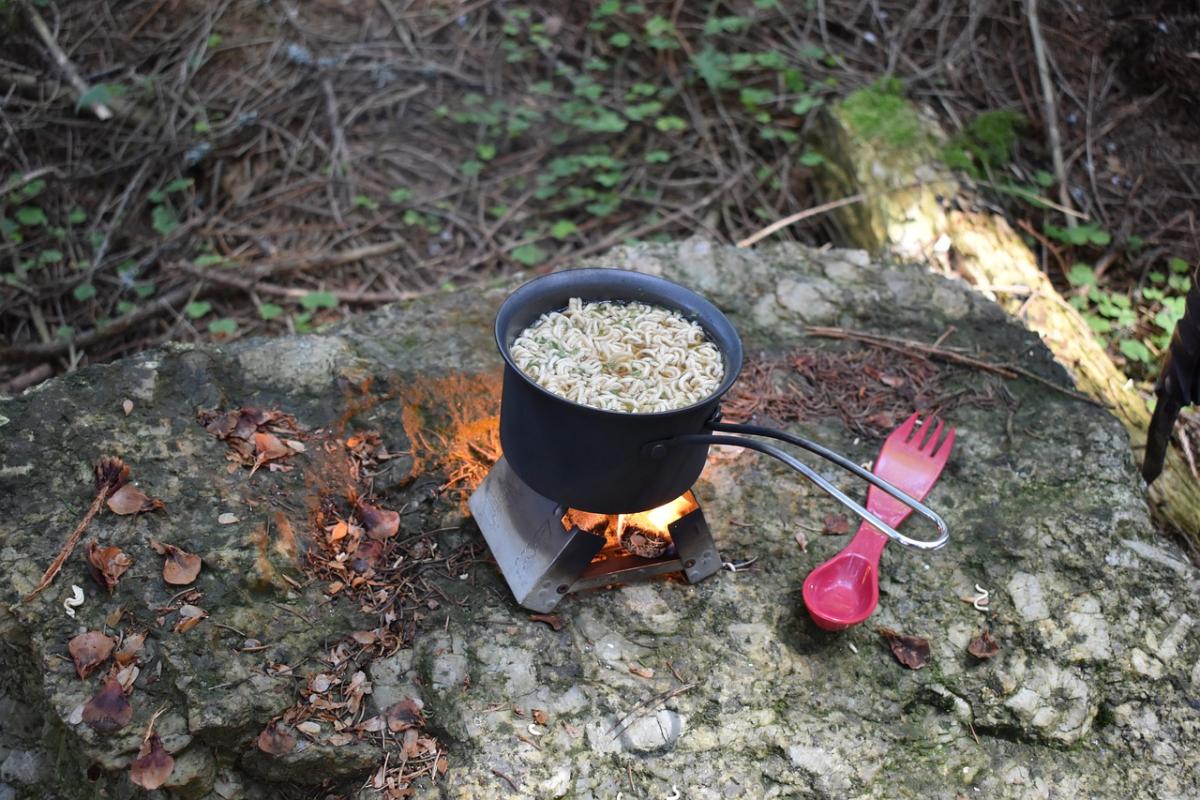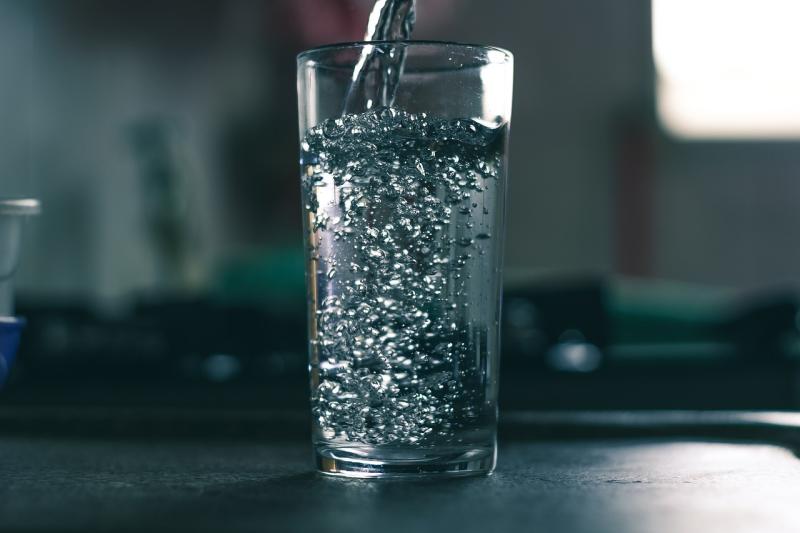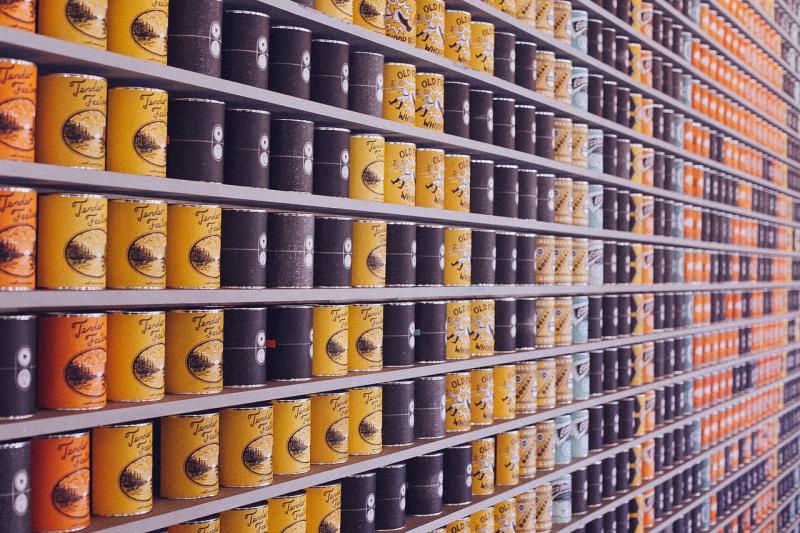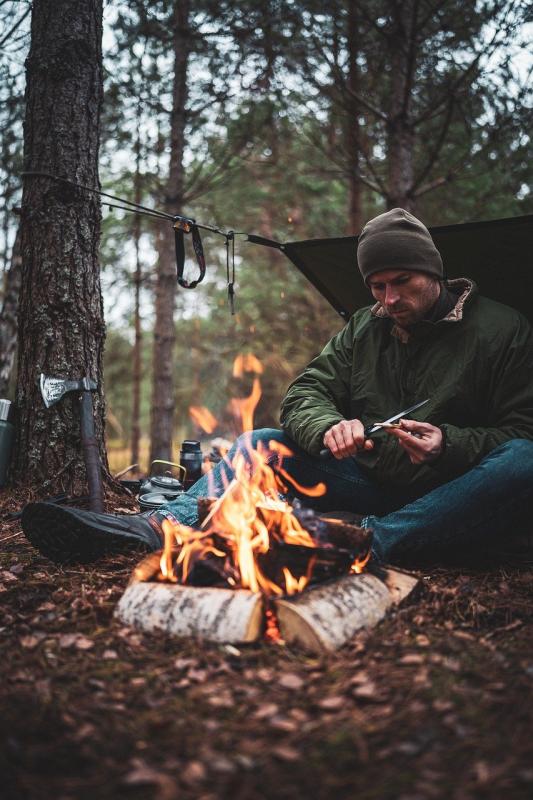When it comes to prepping for emergencies, having the right gear on hand makes all the difference. You want to be ready for anything that comes your way. Here’s a list of essential items to include in your supplies kit.
1. Water Filtration System: Clean drinking water is a must. A portable water filter lets you drink from streams or lakes. Look for options that remove bacteria and other nasty stuff. You don’t want to get stuck without safe water!
2. First Aid Kit: You never know when an injury might happen. A well-stocked first aid kit should have bandages, antiseptics, and any specific medications you might need. Make sure it’s easy to grab and has everything you could possibly need.
3. Multi-tool: A good multi-tool can save you in countless situations. From opening cans to fixing gear, this handy gadget packs a lot of punch in a small package. It’s lightweight and easy to carry, making it a no-brainer for your kit.
4. Portable Power Bank: Keeping your devices charged during an emergency is key. A reliable power bank ensures you can stay connected, which is critical in getting help or staying informed. Look for one that holds a charge well and can power multiple devices.
What to Include in Your Kit
When you're building your prepper supplies kit, you want to make sure you've got the essentials covered. It’s not just about having random stuff; you need items that are practical, useful, and can help you out in tough times. Here’s a quick rundown of what you should think about including.
Water & Water Purification: Staying hydrated is key. Pack enough bottled water to last a few days, and consider adding a reliable water purifier or purification tablets. You never know when clean drinking water will be hard to find.
Food Supplies: Non-perishable food items are a must. Think canned goods, freeze-dried meals, energy bars, and nutritional supplements. Look for easy-to-cook options that don’t require much prep time. You'll want food that’s tasty and satisfying.
First Aid Kit: Accidents happen. A good first aid kit can make a huge difference. Make sure it contains band-aids, antiseptic wipes, pain relievers, and any essential medications. You want to be ready for minor injuries or illnesses.
Emergency Tools & Gear: A solid multi-tool is invaluable. Add a flashlight with extra batteries, a portable phone charger, and a basic fire starter. You may also want to include a sturdy emergency blanket and some rope or paracord. These items can help you tackle unexpected challenges.
Tips for Building Your Supplies
Building your prepper supplies can feel overwhelming, but it doesn't have to be. Start with the essentials. Focus on food, water, shelter, and first aid. Make a list of the items you think you’ll need. This way, you can tackle one category at a time without getting lost in the chaos.
When it comes to food, think about long-lasting options. Canned goods, freeze-dried meals, and grains are smart choices. Aim for a mix of proteins, carbs, and fats. Don’t forget snacks! Having some comfort food can really boost morale during tough times.
Water is absolutely crucial. Aim for at least a gallon per person per day. Consider investing in a good water filter too. It’ll help if you can’t get clean water from your taps. Always have extra bottles handy, just in case you need to grab and go.
For shelter, a quality tarp or emergency tent can make all the difference. You might think you can tough it out, but comfort is key, especially in a crisis. Also, pack up a solid first aid kit. Make sure it includes basics like band-aids, antiseptic wipes, and any personal medications. You don’t want to be scrambling for supplies when someone gets hurt!
Staying Organized and Prepared
Staying organized is a big deal when it comes to prepping. You want to know exactly what you have and where to find it when an emergency hits. One simple way to keep everything sorted is by using labeled bins or containers. That way, you can quickly grab the supplies you need without wasting time looking around.
Consider making a checklist of your essentials. This can include food, water, first aid items, tools, and other gear. As you shop or build your kit, check off items as you go. It’s super satisfying to see your list fill up! Plus, you won’t accidentally buy duplicates or forget something important.
Rotating your supplies is another key part of staying organized and prepared. Check expiration dates on food and medical supplies regularly. Use older items first in your daily life, and replace them with fresh ones. Keeping your gear in tip-top shape ensures you’re ready when something happens.
Lastly, it helps to practice. Set aside some time to go through your kit and familiarize yourself with everything. Know how to use each item and rehearse emergency plans with your family. The better prepared you are, the less you’ll stress when an emergency actually occurs. Keeping it simple and organized makes all the difference.



